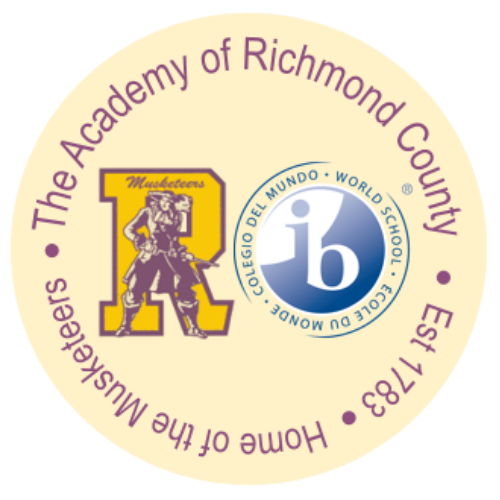Jack Fisher
Jack Fisher was born in Frostburg, Maryland. His family moved to Augusta, where he graduated from the Academy of Richmond County in the class of 1957. He excelled in sports in high school and, after graduation, was signed by the Baltimore Orioles. He began that summer with the Knoxville Smokies of the Class A South Atlantic League. The next year, he played for the Orioles' Class B Carolina League team, the Wilson Tobs. His record there was an improvement over the first year and, in 1959, he split the year between Baltimore and its Triple-A team in Miami. His major league debut in April that year resulted in his giving up seven hits and four runs, two earned. At Miami, he compiled an 8-4 record. In 1960, he compiled a 12-11 record in forty appearances with the Orioles. In his final start of that season, on September 28 against the Boston Red Sox at Fenway Park, he earned a spot in baseball history. He threw an eighth inning pitch to then forty-two-year-old Ted Williams in the final at bat of Williams’s illustrious career that led to Williams’s final home run.
In 1961, he again played with the Orioles. Fisher’s last start that season earned Fisher a second historical moment, where he pitched to Roger Maris. Maris hit his sixtieth home run, which tied Babe Ruth’s record for the most home runs in a season. Fisher had a difficult 1962 season and was traded to the San Francisco Giants as part of a six-player deal. After a 6-10 record and ERA of 4.58 that season, he moved to the New York Mets for the 1964 season, where he stayed for four seasons. He pitched the first game for the Mets in their new Shea Stadium in 1964. In 1967, he was traded to the Chicago White Sox. He played one final season with the Cincinnati Red in 1969 and, although traded to the California Angels for the next season, he was released before the season began. He was 31 years old.
Fisher played 11 major league seasons, compiling a record of 86 wins and 139 losses, pitching a total of 1975 1/3 innings in 400 games. Although he only had one winning season, he played for consistently weak teams and was the workhorse for all of them. He went on to have a successful career in business, opening a restaurant in Easton, Pennsylvania, named Fat Jack’s, reflecting the nickname he had been given in his baseball years. He sold it in 2006 and settled into full retirement.



